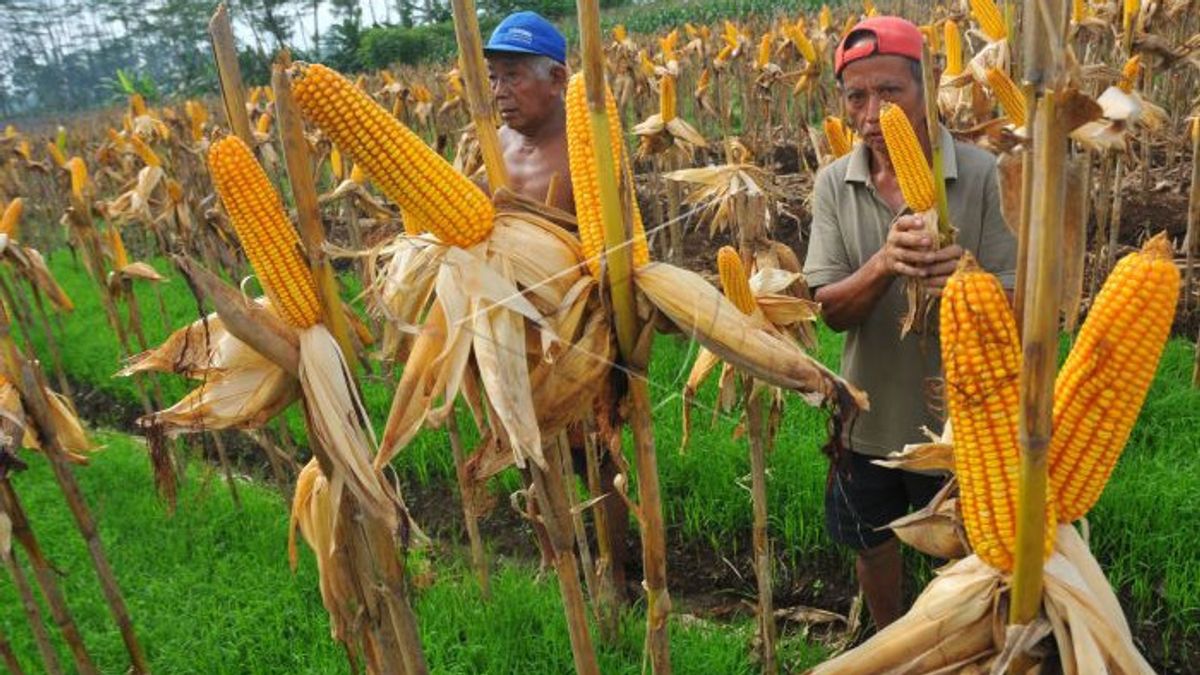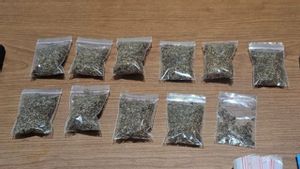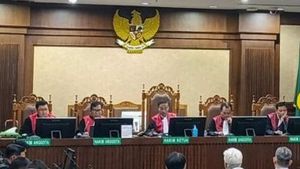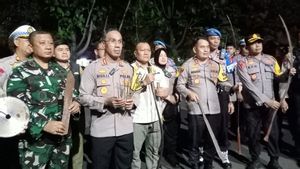JAKARTA - PT PLN (Persero) utilizes corn husks as an alternative to coal (cofiring) as fuel for the Punagaya Steam Power Plant (PLTU). The effort to implement cofiring has an impact on reducing the value of carbon emissions by 121,869 tons of CO2 in a year from 2020 to 2021.
General Manager of PLN UIKL Sulawesi Munawwar Furqan said the Punagaya PLTU with a capacity of 2 x 100 MW is one of the PLTUs in the Southern Sulawesi electricity system that implements cofiring.
PLTU Punagaya utilizes domestic waste in the form of corn cobs as an alternative fuel for coal mixtures to improve the quality of electricity production and the primary energy supply chain at the PLTU.
"PLN continues to focus on the energy transition through increasing the new renewable energy mix in the portion of future power plant development, besides that PLN also applies a green booster which includes the implementation of cofiring at the PLTU," said Munawwar in a statement received by VOI, Friday, March 18.
In implementing the cofiring program, PLTU Punagaya utilizes domestic waste in the form of corncobs which are processed in such a way as to be used as a coal mixture with a composition ratio of 5:95.
"The Punagaya PLTU Cofiring Program has been running since February 10, 2021 and has succeeded in utilizing approximately 77.5 tons of domestic waste from the community around the PLTU. Our hope is that the supply chain of corncob raw materials as alternative fuel for coal mixture can be maintained," said Munawwar.
The emission reduction figure is up to 121,869 tons of CO2 in accordance with the achievement of PLTU Punagaya's emission intensity in 2021, which is 1,002 tons of CO2 per MWh or lower than the PLTU Upper Limit Value (Cap) set by the Ministry of Energy and Mineral Resources, which is 1,013 tons of CO2 per MWh.
According to him, this reduction figure was obtained from PLN's consistency in implementing good operating patterns at its generators and the cofiring method applied to PLTU Punagaya #1 which has an impact on reducing carbon emissions.
"PLN Punagaya has also succeeded in trading carbon to several other PLN-owned PLTU generators," he said.
In maintaining the corncob supply chain, PLN cooperates with the Jeneponto Regency Environmental Service (DLH) by cooperating with the local community.
"The purpose of this collaboration is to utilize the community's domestic waste which still has economic value, so that in the end, domestic waste has benefits as a mixed fuel for coal," concluded Munawwar.
The English, Chinese, Japanese, Arabic, and French versions are automatically generated by the AI. So there may still be inaccuracies in translating, please always see Indonesian as our main language. (system supported by DigitalSiber.id)












